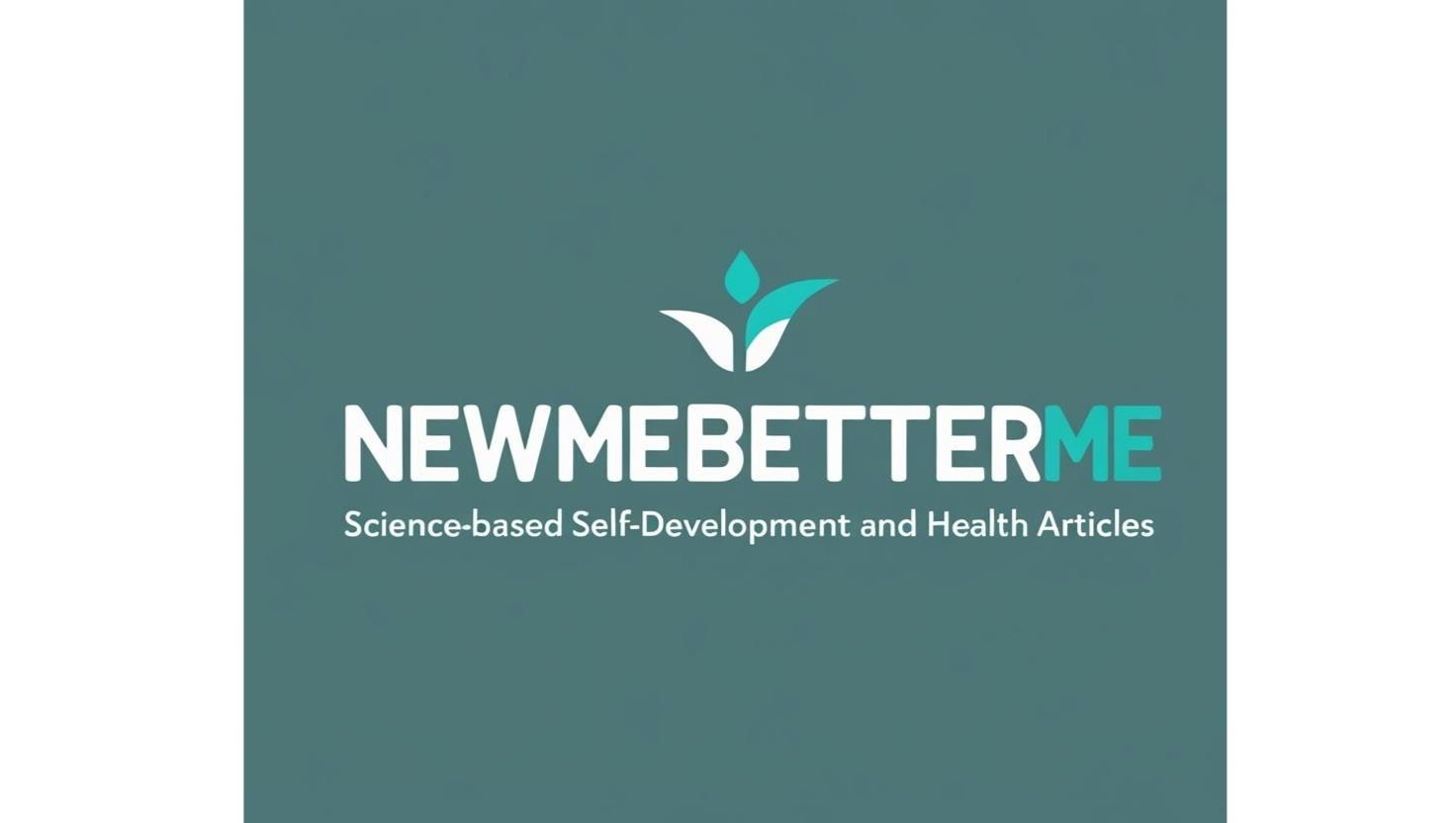The Link Between Heart Health and Brain Function
Your heart and brain are deeply connected. A healthy heart pumps oxygen-rich blood to the brain, supporting cognitive function, while cardiovascular issues like high blood pressure, obesity, and diabetes increase the risk of memory loss and dementia.
In this article, we’ll explore the science-backed connection between heart and brain health, how cardiovascular diseases impact cognition, and lifestyle strategies to protect both your heart and memory.
How Heart Health Affects Brain Function
A strong cardiovascular system ensures adequate blood flow to the brain, delivering oxygen and nutrients needed for cognitive function. But when the heart struggles, the brain suffers.
🔹 A study in Circulation found that people with heart disease are 2–3 times more likely to develop dementia.
🔹 Research from Harvard Medical School confirms that high blood pressure in midlife increases the risk of Alzheimer’s disease by 62%.
➡ Takeaway: Protecting your heart directly protects your memory and reduces dementia risk.
Heart Conditions That Harm Brain Health
1. High Blood Pressure (Hypertension)
✔ Damages blood vessels in the brain, increasing stroke risk
✔ Reduces oxygen supply, leading to memory problems
✔ Increases the risk of vascular dementia
🔹 A study in The Lancet found that controlling blood pressure reduces dementia risk by up to 30%.
➡ How to Manage It:
- Reduce salt intake to lower blood pressure
- Engage in daily physical activity
- Eat potassium-rich foods like bananas, spinach, and avocados
2. Obesity and Diabetes
✔ Excess weight strains the heart and reduces blood flow to the brain
✔ Diabetes leads to chronic inflammation and insulin resistance, which damage brain cells
✔ Increases the risk of Alzheimer’s and cognitive impairment
🔹 Research from The Journal of Alzheimer’s Disease found that diabetics have a 60% higher risk of developing dementia.
➡ How to Manage It:
- Eat fiber-rich foods (vegetables, legumes, whole grains)
- Reduce processed sugar and refined carbs
- Engage in moderate exercise at least 150 minutes per week
3. High Cholesterol
✔ Leads to plaque buildup in arteries, restricting brain blood flow
✔ Increases the risk of mini-strokes, which cause memory loss
✔ Contributes to brain inflammation, linked to Alzheimer’s
🔹 A study in Neurology found that high cholesterol levels in midlife are associated with a 57% higher dementia risk.
➡ How to Manage It:
- Eat healthy fats like olive oil, nuts, and fatty fish
- Avoid trans fats and excessive red meat
- Incorporate omega-3 supplements for brain and heart health
Best Heart-Healthy Lifestyle Habits for a Strong Brain
1. Maintain a Healthy Weight
✔ Reduces the risk of hypertension, diabetes, and stroke
✔ Enhances blood flow and oxygen supply to the brain
✔ Improves hormonal balance, which supports cognitive function
➡ Pro Tip:
- Aim for a BMI between 18.5–24.9 for optimal heart and brain health
- Focus on nutrient-dense meals instead of calorie restriction
2. Exercise Regularly
✔ Strengthens the heart, improving blood circulation to the brain
✔ Reduces inflammation, which contributes to memory decline
✔ Boosts BDNF (brain-derived neurotrophic factor), a protein essential for memory
🔹 A study in JAMA Neurology found that regular exercise reduces Alzheimer’s risk by 45%.
➡ Best Exercises for Heart & Brain Health:
- Aerobic exercises (brisk walking, jogging, cycling)
- Strength training (weights, resistance bands)
- Mind-body exercises (yoga, tai chi)
How Often?
✅ 150 minutes of moderate exercise per week for maximum benefits.
3. Eat a Heart-Friendly Diet
✔ Reduces inflammation and oxidative stress
✔ Supports healthy blood flow to the brain
✔ Lowers bad cholesterol and stabilizes blood sugar
🔹 The MIND diet (a mix of the Mediterranean and DASH diets) is linked to a 30% lower dementia risk.
➡ Best Foods for Heart and Brain Health:
- Leafy greens (spinach, kale) – High in brain-boosting antioxidants
- Berries (blueberries, strawberries) – Improve memory function
- Fatty fish (salmon, mackerel) – Rich in omega-3s for heart health
- Nuts & seeds (almonds, flaxseeds) – Lower cholesterol and reduce inflammation
- Olive oil – Protects blood vessels and enhances cognition
🚫 Avoid:
- Processed foods and trans fats (increase brain inflammation)
- Sugary drinks and refined carbs (spike blood sugar and damage neurons)
- Excess alcohol (linked to cognitive decline)
4. Manage Stress Levels
✔ Lowers cortisol, which damages brain cells
✔ Reduces the risk of hypertension and heart disease
✔ Improves mood, focus, and memory
🔹 A study from The American Heart Association found that chronic stress increases heart disease risk by 40%.
➡ Best Stress-Reduction Techniques:
- Deep breathing & meditation (lowers blood pressure)
- Spending time in nature (reduces cortisol levels)
- Engaging in hobbies & socializing (boosts mental well-being)
How to Incorporate Heart-Healthy Habits Into Daily Life
☀ Morning: Start your day with a 10-minute brisk walk and a heart-healthy breakfast.
🍽 Lunch: Choose a Mediterranean-style meal with lean protein, greens, and healthy fats.
💆 Evening: Wind down with yoga, meditation, or a relaxing hobby.
Final Thoughts
Taking care of your heart is one of the most effective ways to protect your brain. By managing blood pressure, cholesterol, and diabetes, you can enhance blood flow, reduce inflammation, and lower dementia risk.
By adopting a heart-healthy lifestyle—including regular exercise, a balanced diet, and stress management—you can protect both your memory and cognitive function for years to come.
<– Previous article: How Brain Training Can Help Prevent Memory Loss
–>Next article: How Inflammation Affects Memory and Brain Health
References
- “Keeping Your Heart Healthy Keeps Your Brain Sharp” – Harvard Medical School
- “Diabetes and Dementia Risk” – The Journal of Alzheimer’s Disease
- “The Impact of Physical Activity on Alzheimer’s Risk” – JAMA Neurology
- “Blood Pressure Control and Dementia Prevention” – The Lancet
- “High Cholesterol and Dementia Risk” – Neurology Journal
- “How Stress Harms Your Heart” – The American Heart Association
- “Cardiovascular Health and Cognitive Function” – Circulation Journal
